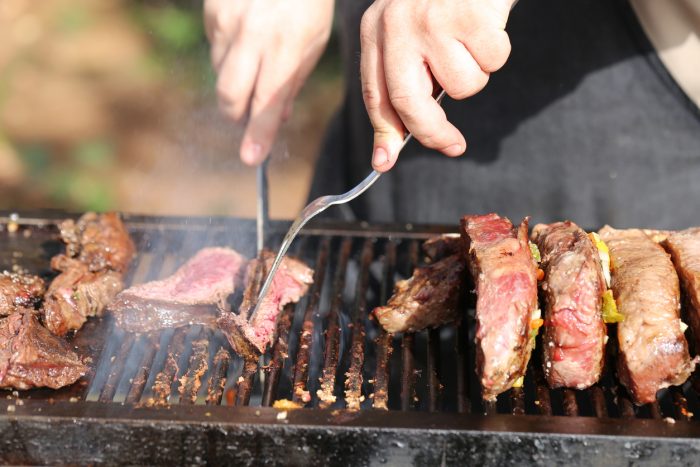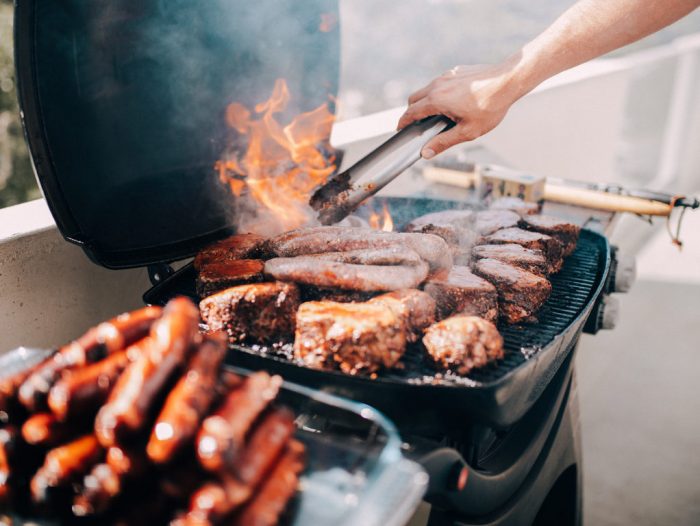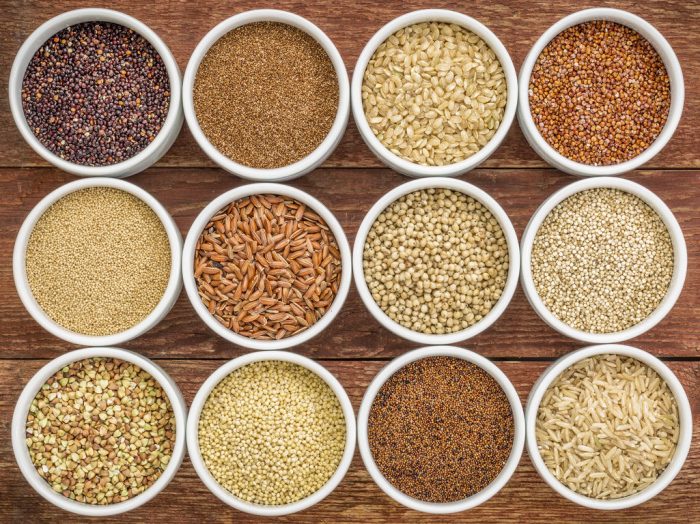The internet has a way of perpetuating myths and misinformation. And it happens in the cooking world, too, more often than you think. This time, let’s discuss grilling myths and bring out the truth from the hot coals. Knowing why they’re fake is the key to a good, juicy steak!
Every year, grilling myths tend to spread like wildfire. Some of them spread over generations, from Griller to Griller Junior and so on. But the fire should be controlled and put to good use, with a ribeye or a pork neck, on the BBQ. The only way to find out what’s real and what’s not is through the provable methods of science. We analyze the most often found myths about grilling and see where they went wrong. If you’re grilling patties, here are some tips for making better burgers. And here are some awesome things to grill!
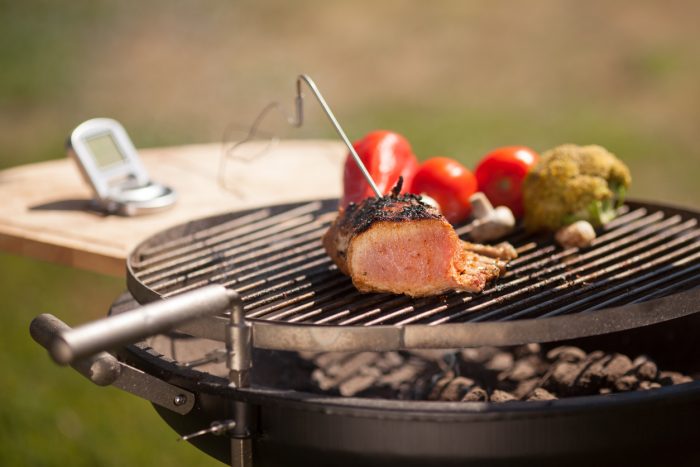
5 grilling myths to let go of. For good
1. Myth: Let the meat get to room temperature
The theory is that the meat will cook better and more evenly if the temperature of the cut is as close as possible to the cooking temperature. Also, the meat would brown better, because the heat won’t be wasted on warming it up.
Why it’s wrong
It can take too long to wait for the meat to get to room temperature, during which it’s vulnerable to bacteria in the environment.
The truth
A colder cut of meat attracts more smoke, which will give the meat a deeper, smokier flavor! The cooler steak will cook about the same way as a room temperature one.
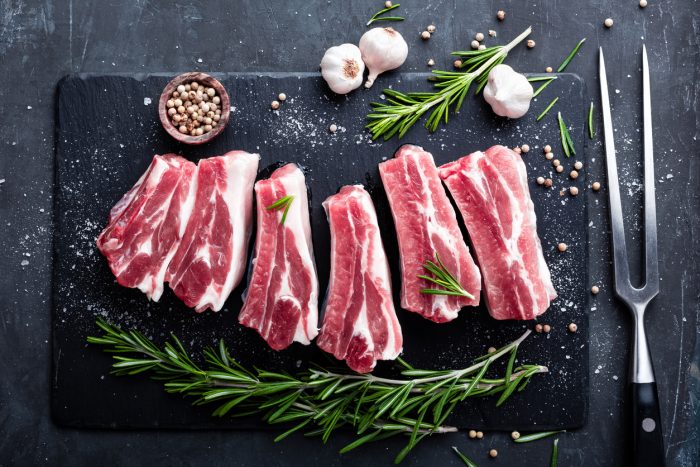
2. Myth: Marinating flavors the inside of meat
Marinades are supposed to penetrate the surface of the meat, imbuing it with lots of flavors, which will make it tastier once you take it off the grill. Don’t most grilling myths sound quite plausible?
Why it’s wrong
A meat cut is basically a protein sponge, filled with water. There is no room for the marinade or any other liquid to permeate the steak. Most compounds in marinades, like garlic, or pepper, have big molecules, which can’t enter the meat. The only thing that can do that is salt, thanks to its tiny molecules. So marinades don’t tenderize the meat far beyond the surface.
The truth
It’s way more efficient to rub the meat with salt and keep it in the fridge like that. Or try a dry rub. Salt keeps the meat moist. Marinades only flavor the surface of the meat and they also keep it wet, which doesn’t let browning happen. When you cut to the middle, you will only feel the taste of salt. Try it at home!
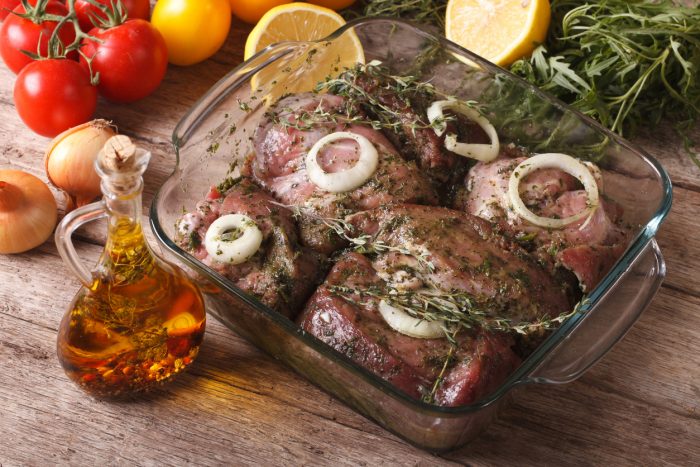
3. Myth: Grill marks are a sign of a better steak
Everybody says that grill marks are a sign of a great, perfect steak. But maybe, it just looks pretty and people like it.
Why it’s wrong
When grilling, the goal is brown, not brown lines! Because the best-flavored steak has a golden brown color for most of its surface.
The truth
A steak with grill marks won’t be as tasty as one that’s been browned to perfection. Only the brown grill marks will have that great taste – and there just a small percentage of the meat surface.
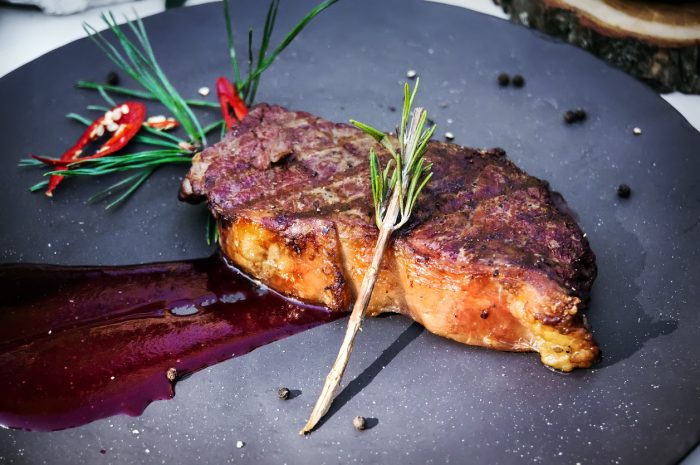
4. Myth: You can only flip your meat once
When I was a teenager I used to grill with my dad in the backyard and I especially enjoyed flipping the meat and the beef patties. He would start the fire and I would take care of the meat. And he told me that I should not do that so often because the meat won’t cook properly. (I did it anyway when he wasn’t looking) I loved to see the meat brown gradually.
Why it’s wrong
If you leave the meat on the grill for too long before you flip it, it might burn. You need to keep an eye on it. Also, the juices that drip from the steak are vaporized by the grill heat and cook the meat. If you don’t flip it, that will bring imbalance to the cooking of the steak.
The truth
By constantly flipping the meat, you actually help it cook evenly, and also to develop a more layered flavor and texture.
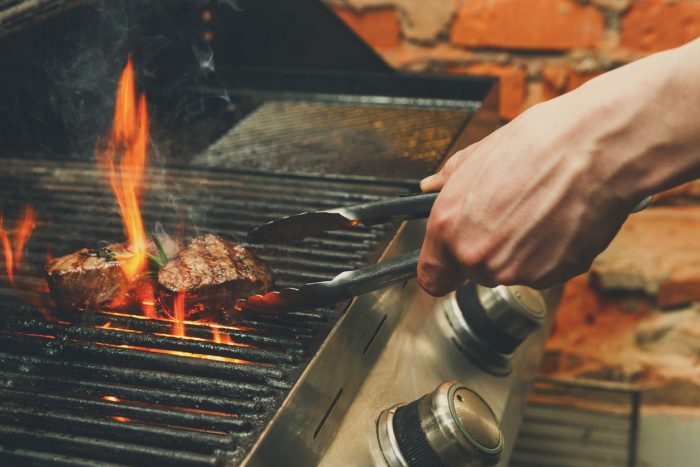
5. Myth: You can find out if the meat is done using your hand
Supposedly, you could figure out if the meat is done by touching it and feeling its texture.
Why it’s wrong
Because meat cuts are different from one another. Also, your hands are different from another person’s.
The truth
You could get to a place where you would develop this skill, but only after cooking an astonishing quantity of meat cuts, day in and day out. And maybe you’re just a weekend/summer griller, like me.
